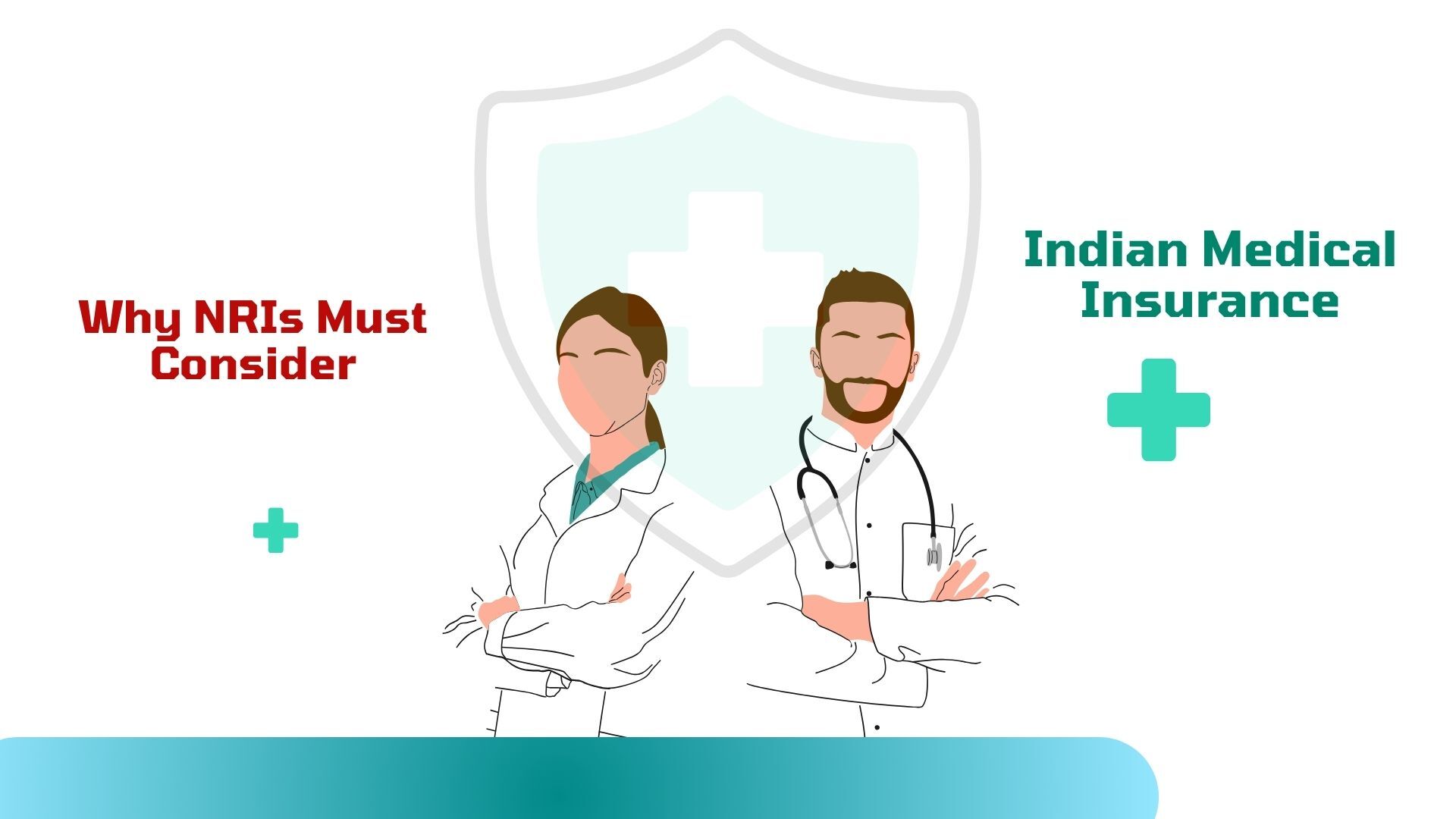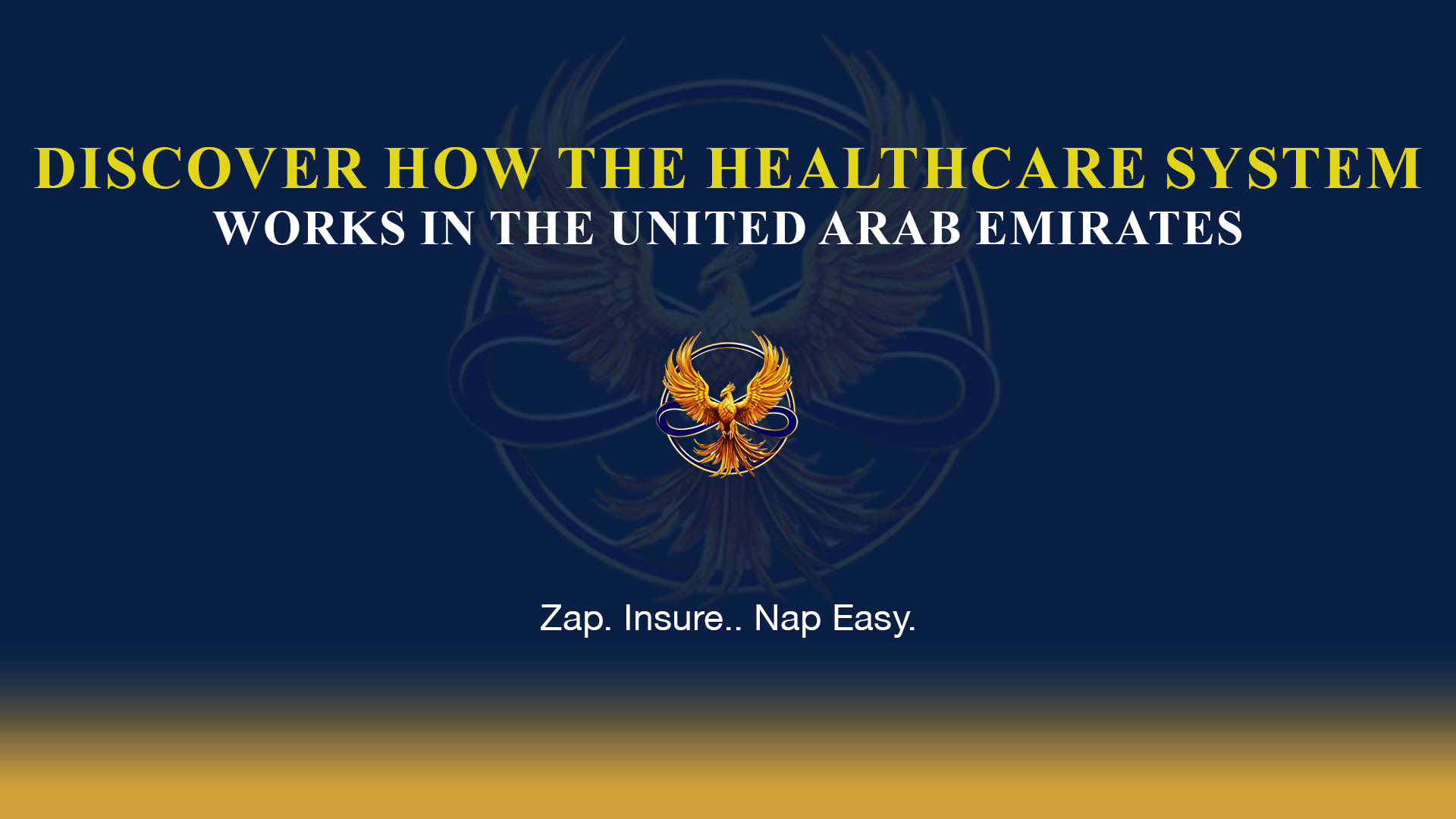
© insurewithjayesh | All Rights Reserved

When I first moved to Dubai, I’d been in the insurance industry for years. But the healthcare system in UAE was very different. And, yes, a few surprises. I’ve seen too many families. Especially NRIs—learn about those surprises the hard way. So, in this blog, let me walk you through it in a way you can actually understand.
Here’s the thing—you don’t just have “the UAE healthcare system.” You actually have two systems running side by side:
Public healthcare: Run by the government. Reliable, regulated, but often busy. You’ll need a health card from DHA (Dubai Health Authority) or MOHAP (Ministry of Health and Prevention) to access it. Fees are low, but expect longer wait times and fewer provider options.
Private healthcare: Faster, more choices, often more comfortable. But you’ll need insurance—or deep pockets—to use it without feeling the pinch.
If you’ve experienced long hospital queues in India, think of public care here as slightly better—but private care? That’s where things really move quickly.
Health insurance for NRI family is mandatory. No insurance? No visa renewal. And each emirate plays by its own rules:
Miss this detail, and you could end up scrambling (and paying penalties) during visa renewal season. I’ve seen it happen. It’s not pretty.
A DHA or MOHAP health card can give you basic access to government hospitals and clinics. They’re affordable—think a couple of hundred dirhams—and great for essentials like children’s vaccinations. But there are trade-offs:
For Indian expats, comfort and trust matter. Many prefer doctors who speak their language and understand cultural habits. That’s where private or international health insurance in UAE shines:
Some benefits, like maternity, dental, or psychiatric care, come with a waiting period. It’s not a UAE quirk; it’s standard insurance practice. But it catches people off guard.
Also, be honest about pre-existing conditions. They may affect your premium, but insurers here can’t flat-out exclude you. What they can do is limit coverage for a set period.
1. Do I need health insurance to access healthcare in the UAE?
Yes. It is a legal requirement for residents. Health insurance in UAE is a must-have to access healthcare in the UAE. If you don't have it, you can't even renew your visa.
2. How good is the healthcare quality in the UAE?
They have an excellent healthcare system. Especially in private hospitals. That is where the facilities are world-class.
3. Can I choose between public and private hospitals?
Yes, if your insurance covers both. Otherwise, you’ll be limited to the network your plan specifies.
4. Can tourists access healthcare?
Yes, but they pay out of pocket unless they have travel insurance.
5. Can Indian expats upgrade to a premium insurance plan?
Absolutely. Many start with basic coverage and move up to wider benefits.
6. Is it possible to include dental or vision in health insurance?
Yes, but often as add-ons. Check for waiting periods.
7. Are maternity services covered in the insurance for Indian expats?
Yes. But when it comes to maternity services, it is usually a waiting period. So you may need to plan ahead.
I’ve seen families assume their employer’s policy is “good enough”—only to discover it doesn’t cover dependents or certain treatments. Always check:
It is like buying a car. You wouldn’t just look at the price; you’d check the mileage, the features, and what happens when something breaks.
I’ve spent over 20 years helping NRI families across the GCC. My goal is simple: make sure you understand your options, avoid nasty surprises, and get the right cover for your needs.
You don’t have to wade through policy jargon or guess at the best plan. I’ll sit with you, explain it over a coffee (or on Zoom), and make sure it’s tailored for your family.
Zap. Insure. Nap Easy. That’s the promise.
The healthcare system in UAE is expat-friendly, modern, and effective. Only if you can negotiate it. Your access to it without stress is the appropriate insurance. Though the rules might vary depending on where in Dubai, Abu Dhabi, or Sharjah you are, your aim stays the same. Make sure you have all that you need so that your family's safety is assured.
© insurewithjayesh | All Rights Reserved